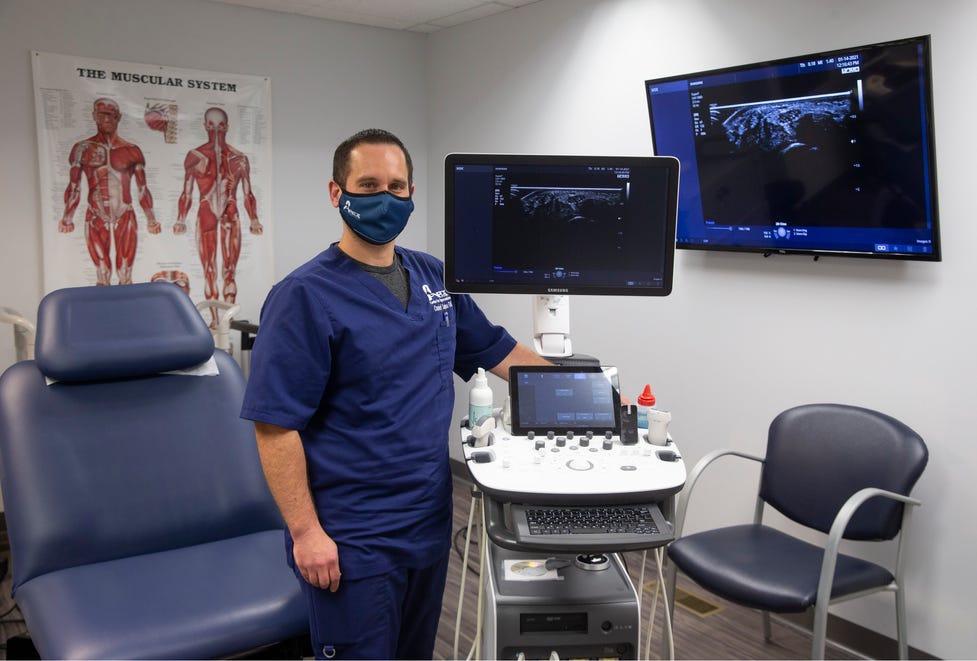 (NewsUSA)
(NewsUSA) - Accidents happen: you hurt your shoulder fixing that broken gutter or throwing a baseball, develop carpal tunnel syndrome from your less-than-ergonomic work-from-home setup, or you suffer from painful tendon or joint conditions such as arthritis.
- Accidents happen: you hurt your shoulder fixing that broken gutter or throwing a baseball, develop carpal tunnel syndrome from your less-than-ergonomic work-from-home setup, or you suffer from painful tendon or joint conditions such as arthritis.
In the past, many people with these and other issues have felt they have no option but to go under the knife for major orthopedic surgery. However, advances in technology have allowed the evolution of the field of regenerative medicine, in which the body’s own cells, including platelets and stem cells, are taken from one part of the body and used to promote healing in areas where it is needed, and where blood supply is limited, such as tendons, ligaments, and cartilage.
“While not all surgery can be avoided, advanced technology and the emergence of regenerative medicine means the vast majority of conditions can be treated without surgery,” says Dr. Daniel Savarino, director of the Apex Center for Regenerative Medicine in Tinton Falls, NJ.
For example, Dr. Savarino uses ultrasound imaging to target the exact location of an injury without the need for a large incision. People of all ages and activity levels can be treated with regenerative medicine, as no hospital stay is required, he adds.
Regeneration in the body can occur in three ways. Molecular regeneration involves the small molecules that are the body’s building blocks, such as fats and carbohydrates; cellular regeneration involves the structures such as neurons that cause new cells to grow and reproduce; and tissue regeneration includes blood, skin, bone, or muscle.
One example of regenerative medicine is the harvesting of stem cells to inject into injured areas and treat orthopedic conditions such as osteoarthritis of the joints, rotator cuff tears, meniscal tears in the knee, and tendon injuries such as tennis elbow. These stem cells become new cells in the injured areas to promote healing and repair without the need for invasive surgery.
Another example of regenerative medicine is using the body’s own platelets and plasma (a technique called platelet-rich plasma injections, or PRP) to promote healing in damaged areas including tendons, ligaments, and muscles. PRP injections also have also been used to promote hair regrowth in individuals with hair loss.
Although some orthopedic conditions do require surgery, that was traditionally less than 10% of the time. But with advances in regenerative medicine, it is now much less than that. Dr. Savarino explains that he often treats patients who were told that major surgery was their only option. If patients are candidates for regenerative medicine, they can undergo minimally invasive procedures in an office setting instead. “Our motto is ‘Don’t Operate . . . Regenerate,’” he says.
For more information, visit regeneratenj.com.





